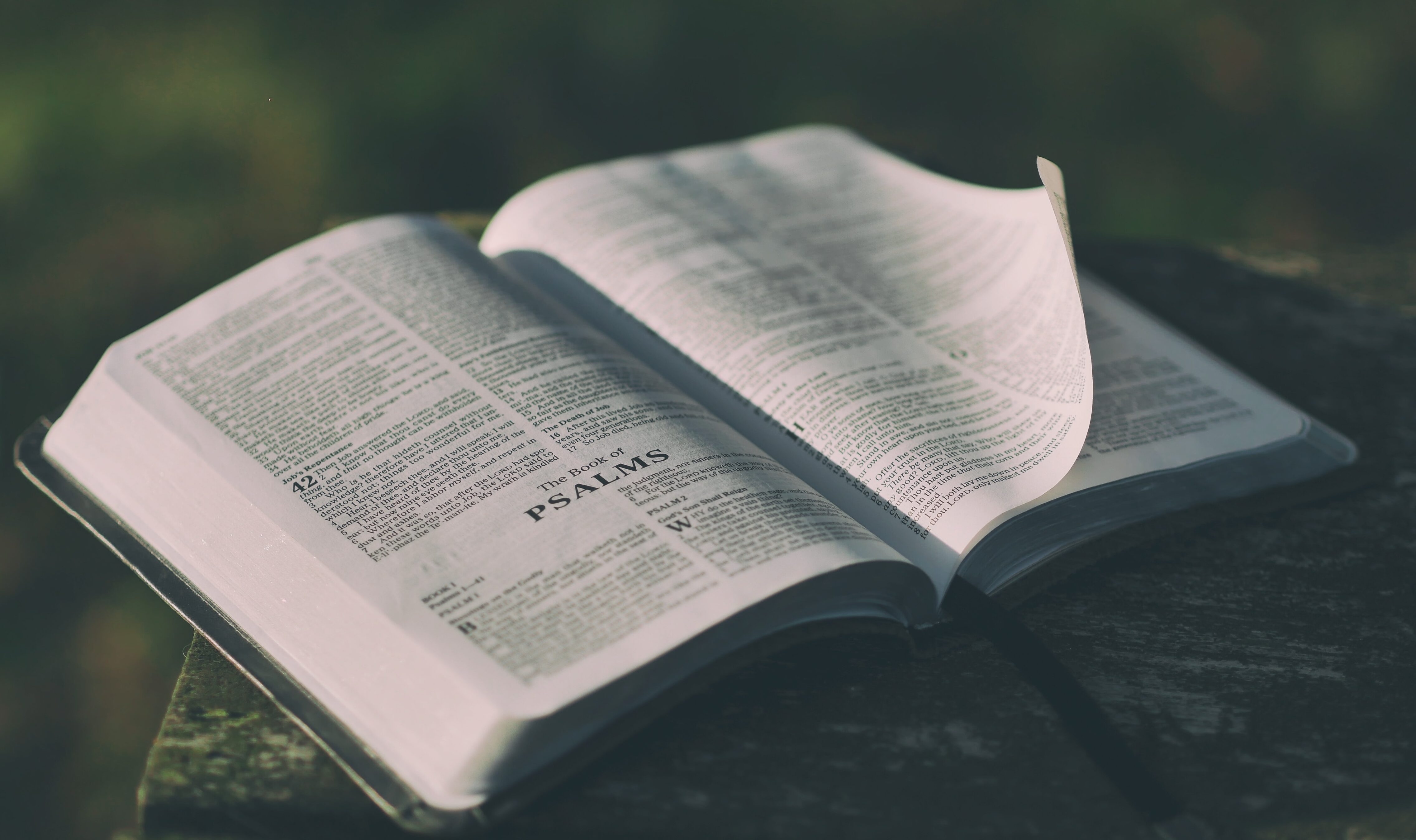Diversity provides depth to our existence. It expands the myriad patterns of life with added color, dimension, variety and richness. Diversity embodies our uniqueness, freeing us to use our God-given gifts and talents in a particular way to build God’s kingdom. In terms of our Faith life, the diversity we each possess becomes the pathway for living our spiritual vocation which is in compliment to others.
Christifideles Laici cites the work of the Second Vatican Council to identify three significant parts that impact one’s spiritual vocation: state of life (married, celibate, familial life, widowhood), state of health and the activities of one’s professional and social life. It adds, “The Gospel image of the vine and the branches reveals to us another fundamental aspect of the lay faithful’s life and mission: the call to growth and a continual process of maturation, of always bearing much fruit.” Just as a branch needs the vine for nourishment, spiritual growth needs a liaison to the Church. We call this Christian formation.
Formation’s intent is to assist each of the lay faithful in discovering how they have individually been called to use their unique gifts in God’s mission. It is a gradual process that includes hearing the Word of God, prayer and spiritual guidance. This detection process requires not just discerning what God asks but also acting upon it. To carry on Christ’s mission, it is imperative to continually grow in the understanding of who our baptism has called each of us to be and how we are to accomplish that. An effective way for knowing if one is receiving fruitful and adequate formation is assessing how our chosen spiritual vocation is touching the culture in which one lives. If it isn’t making a positive difference, in light of the Gospels, then it probably is insufficient.
“There is no doubt that spiritual formation ought to occupy a privileged place in a person’s life. Everyone is called to grow continually in intimate union with Jesus Christ, in conformity to the Father’s will, in devotion to others in charity and justice.” Today’s festering political, cultural and social issues call for more doctrinal formation of the lay faithful to be able to live their Faith in their daily encounters, both personally and professionally. Christifideles Laici calls this “Organic synthesis”: the ability to be guided and sustained in an ever-emerging world by the power of the Holy Spirit.
Rose Robertson is a writer and certified spiritual director. She holds a master’s degree in pastoral ministry.
Published July/August 2020 issue Catholic Life
For the complete document, visit diolc.org/LayFaithful or Google search Christifideles Laici.

